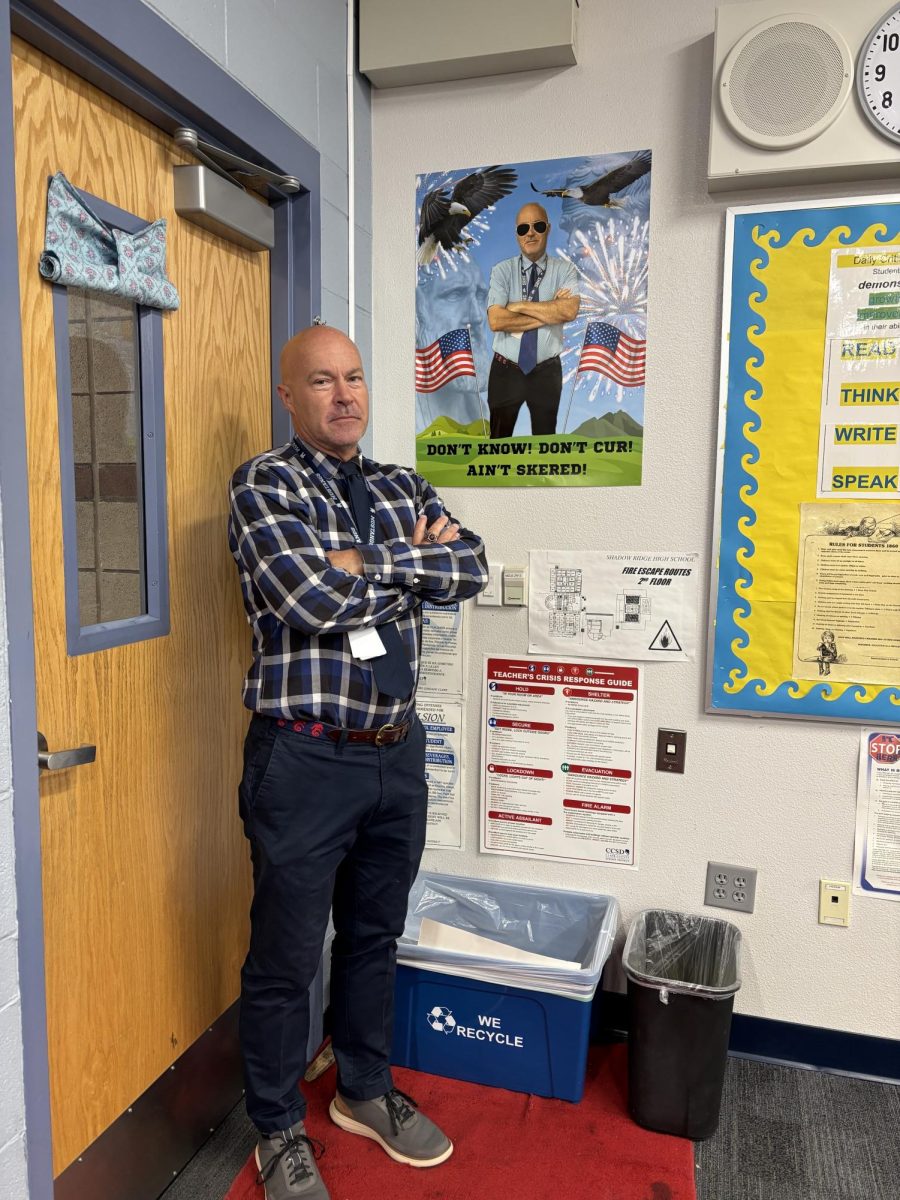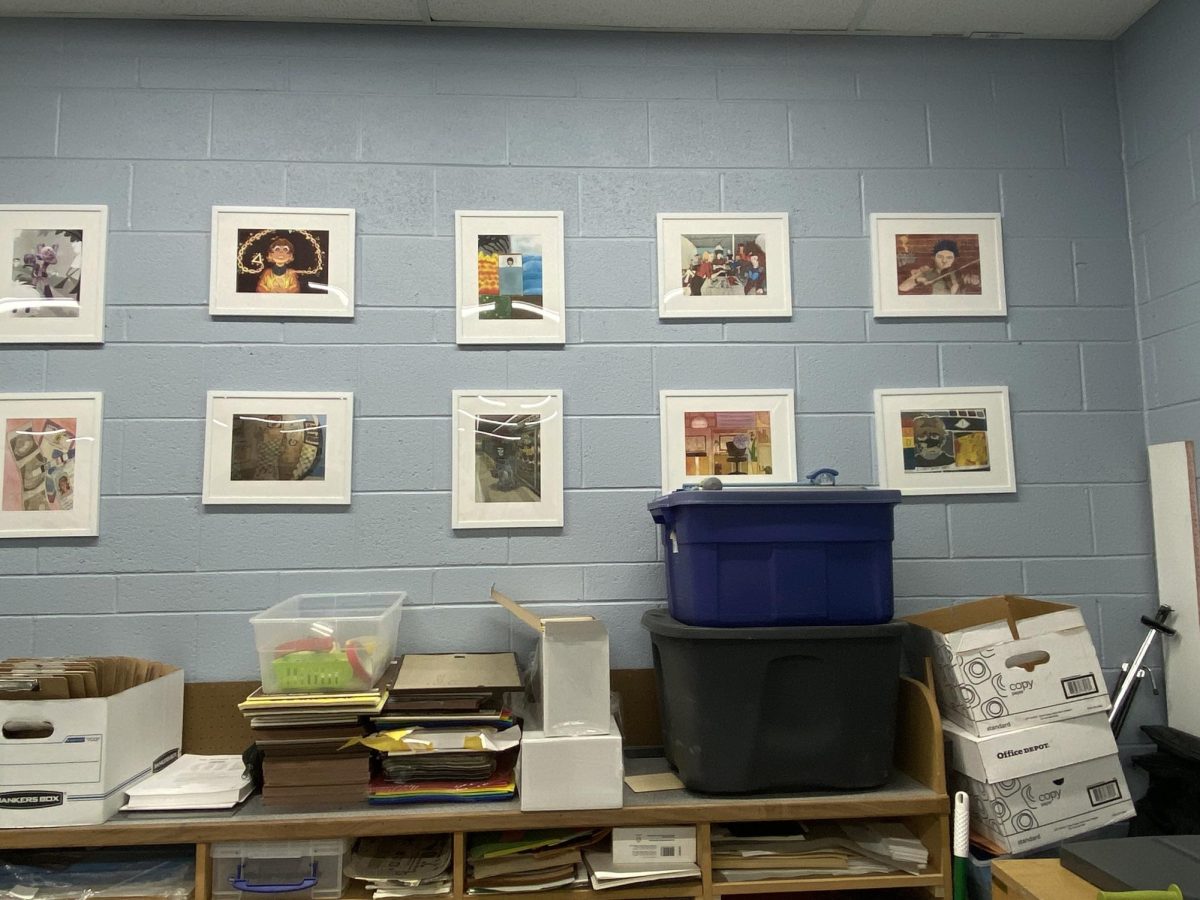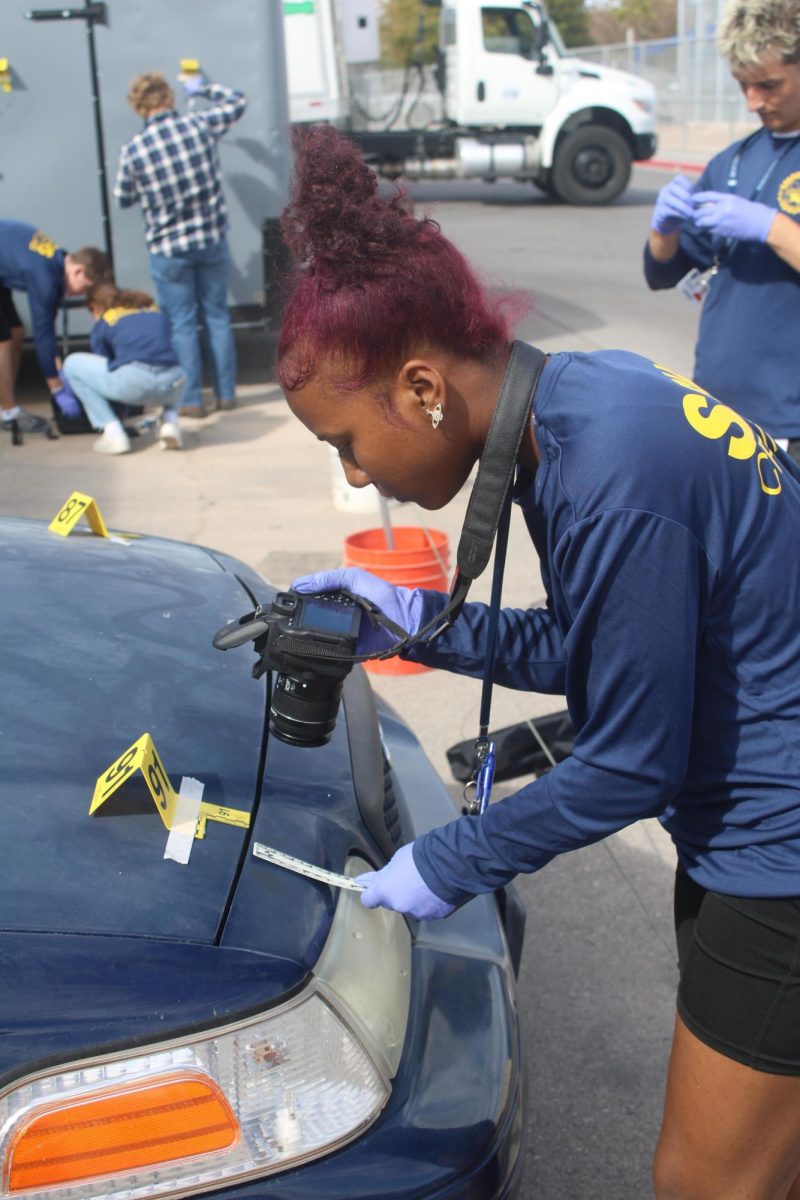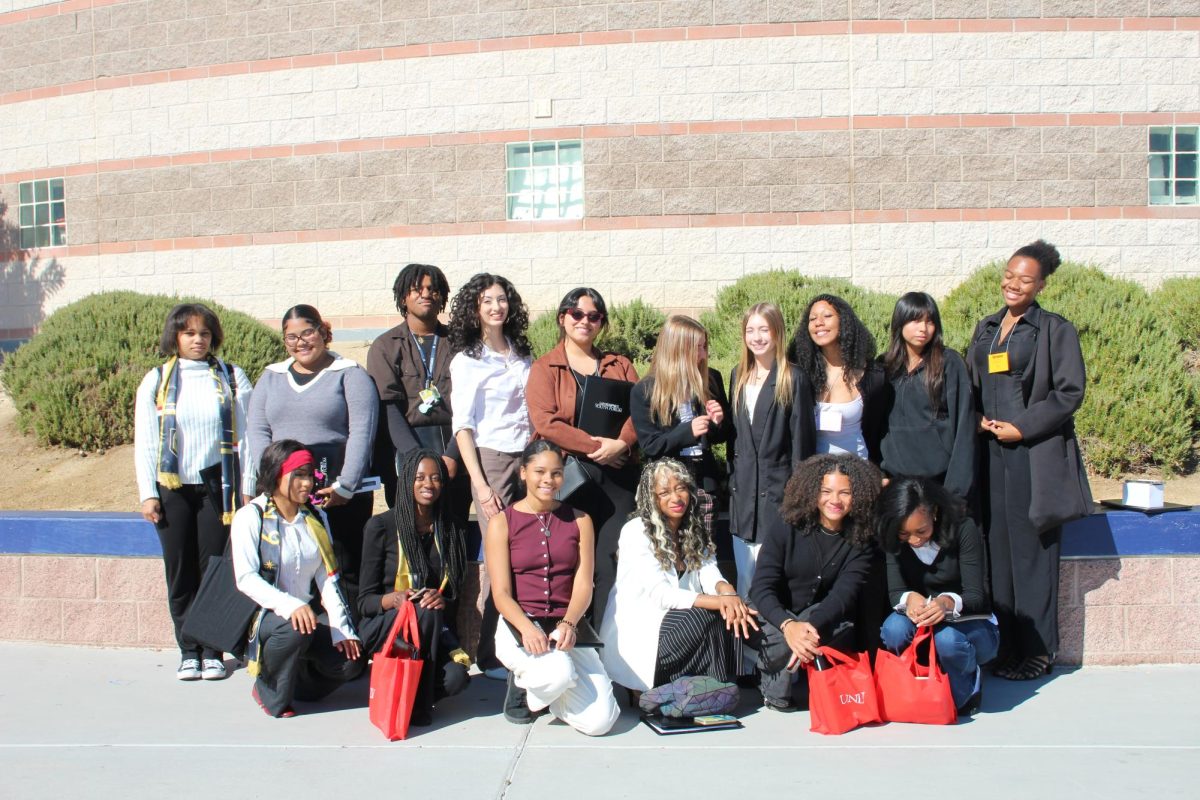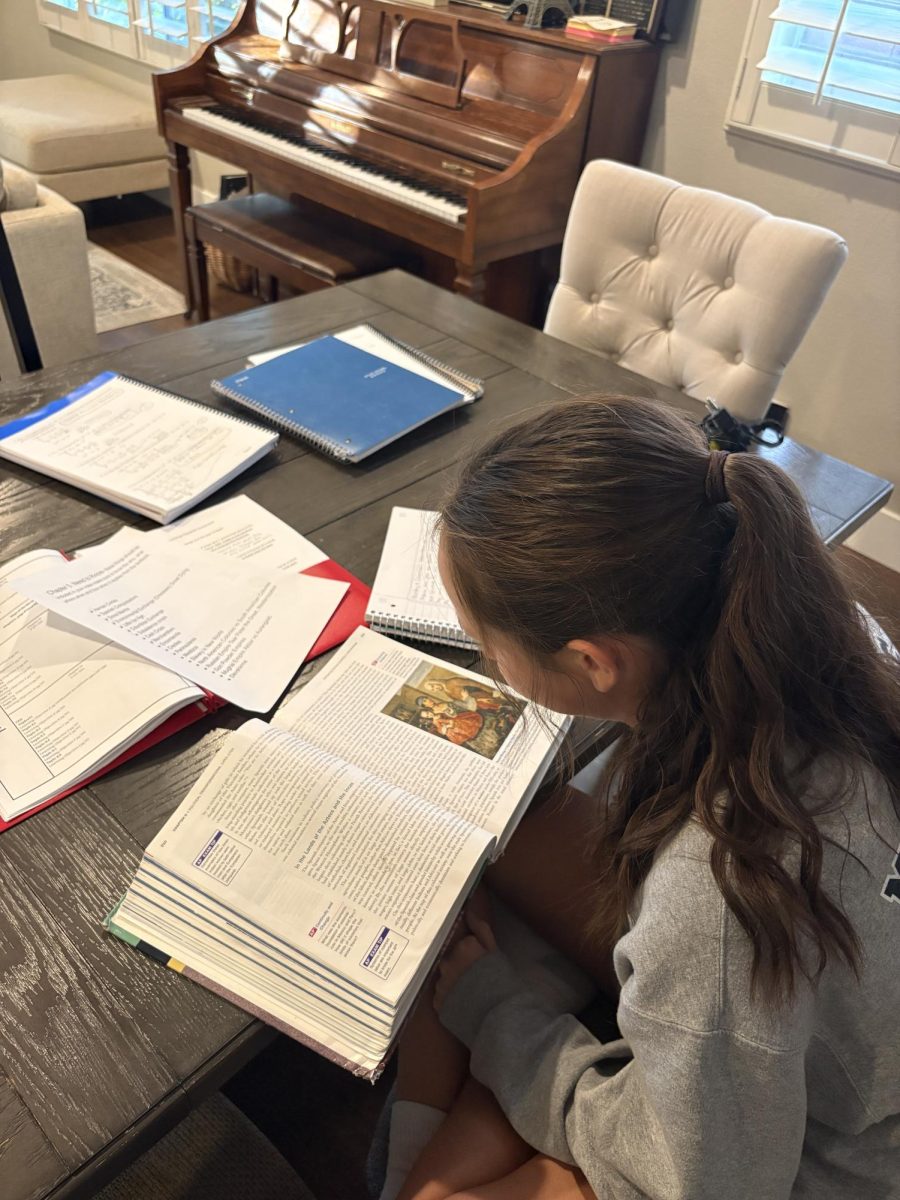Steve Bedingfield’s interest in psychology started early in his life and grew out of his own family experiences. Coming from a large family, he was curious about why people think and behave the way they do.
Bedingfield explains, “From a young age, I was interested in human behavior.”
This early curiosity eventually led him to study psychology in depth.
Though Bedingfield is known as a psychology teacher now, his path in education has been varied. He hasn’t always taught psychology but has experience in many different subjects.
“I taught special education all the way up to AP classes, and I’ve taught a wide range of social studies classes, like government, European history, world history, and U.S. history.” Bedingfield explains.
His broad teaching background has helped shape his approach in the classroom.
One of the most rewarding parts of teaching psychology, according to Bedingfield, is seeing students apply what they learn to their own lives. He finds it fascinating when students use psychology to figure out their own emotions and behaviors.
Bedingfield expresses, “Students being able to apply it to their own lives, you know, so that’s interesting and rewarding.”
However, teaching psychology also comes with challenges. Bedingfield notes that every class has a mix of students with different abilities and motivation levels. Because of this variety, what works for one student might not work for another.
Bedingfield shares, “Not every lesson or every topic is a success, sometimes the lessons are not as successful I’d like them to be.”
Despite the difficulties, Bedingfield finds moments that remind him why he loves teaching. Bedingfield believes psychology benefits students beyond just those who want to make it their career. Learning psychology helps people better understand themselves, their families, and society.
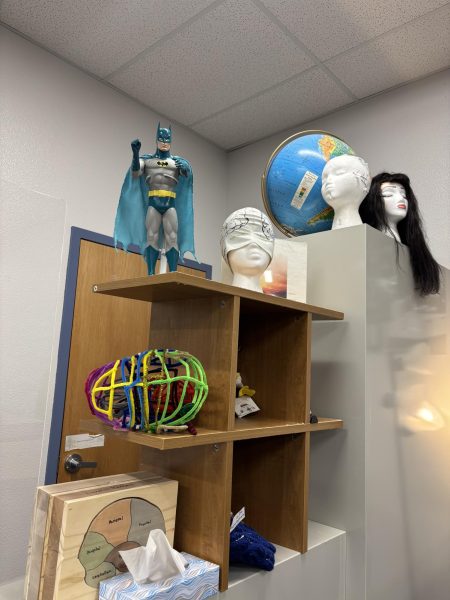
“Everyone can benefit from learning more about themselves and learning more about their family, friends and society in general,” Bedingfield explains.
When giving advice to students interested in psychology, Bedingfield is realistic about the demands of the field. Psychology is very popular in college, but also very competitive.
“You better be good at it and be willing to improve in science and math,” Bedingfield warns.
A strong background, especially in statistics, is important for success. Bedingfield encourages future students to consider a double major or minor to have more opportunities.
“There are too many people that go into psychology for the wrong reasons, and then they are stunned when they can’t find a job,” Bedingfield expresses.
Bedingfield’s journey shows that becoming a psychology teacher takes curiosity, hard work, and a real commitment to understanding people.


